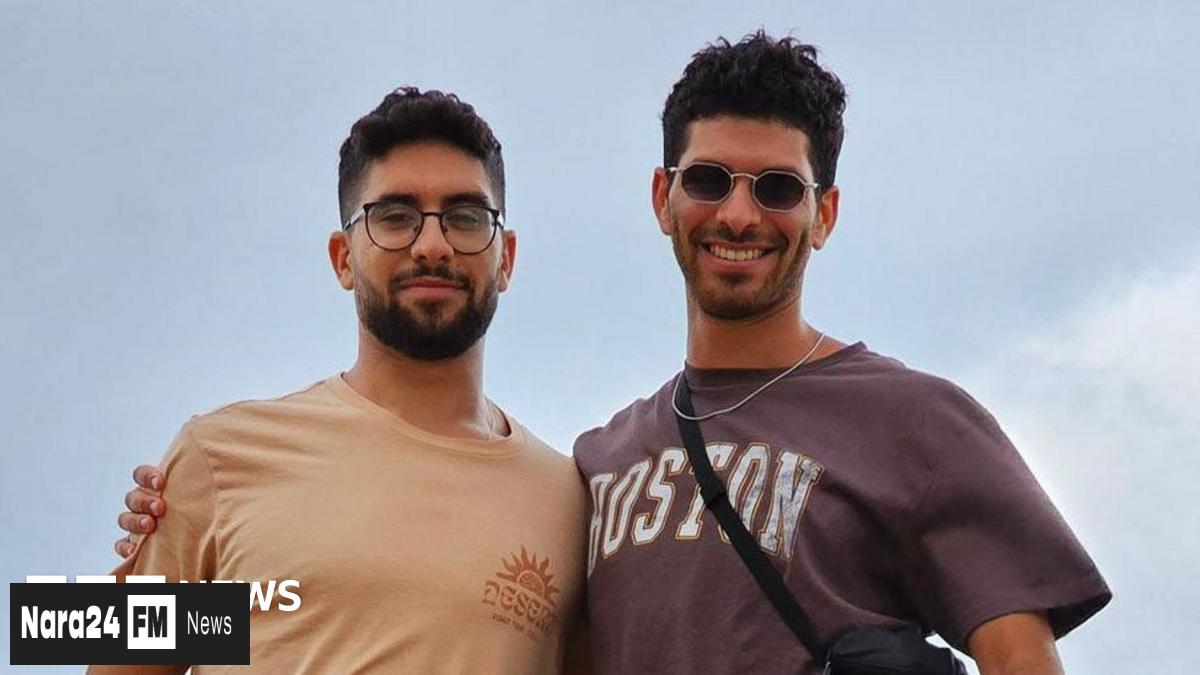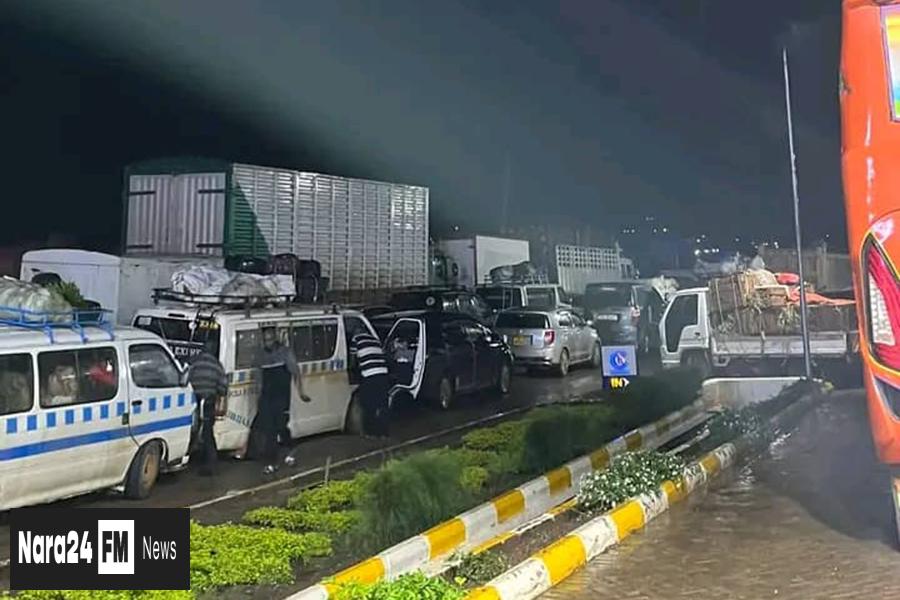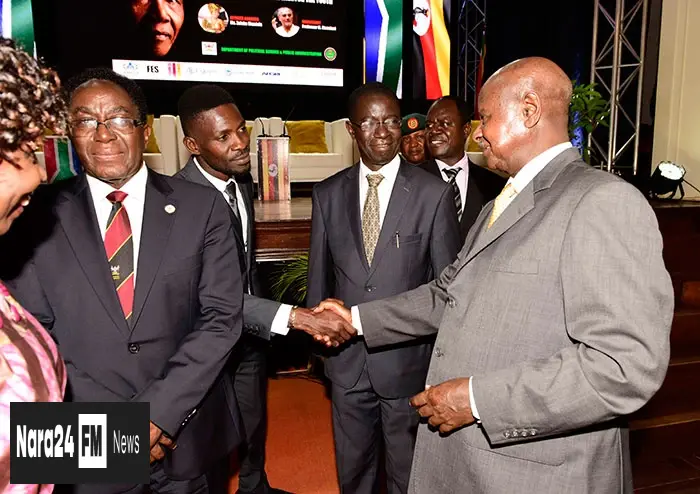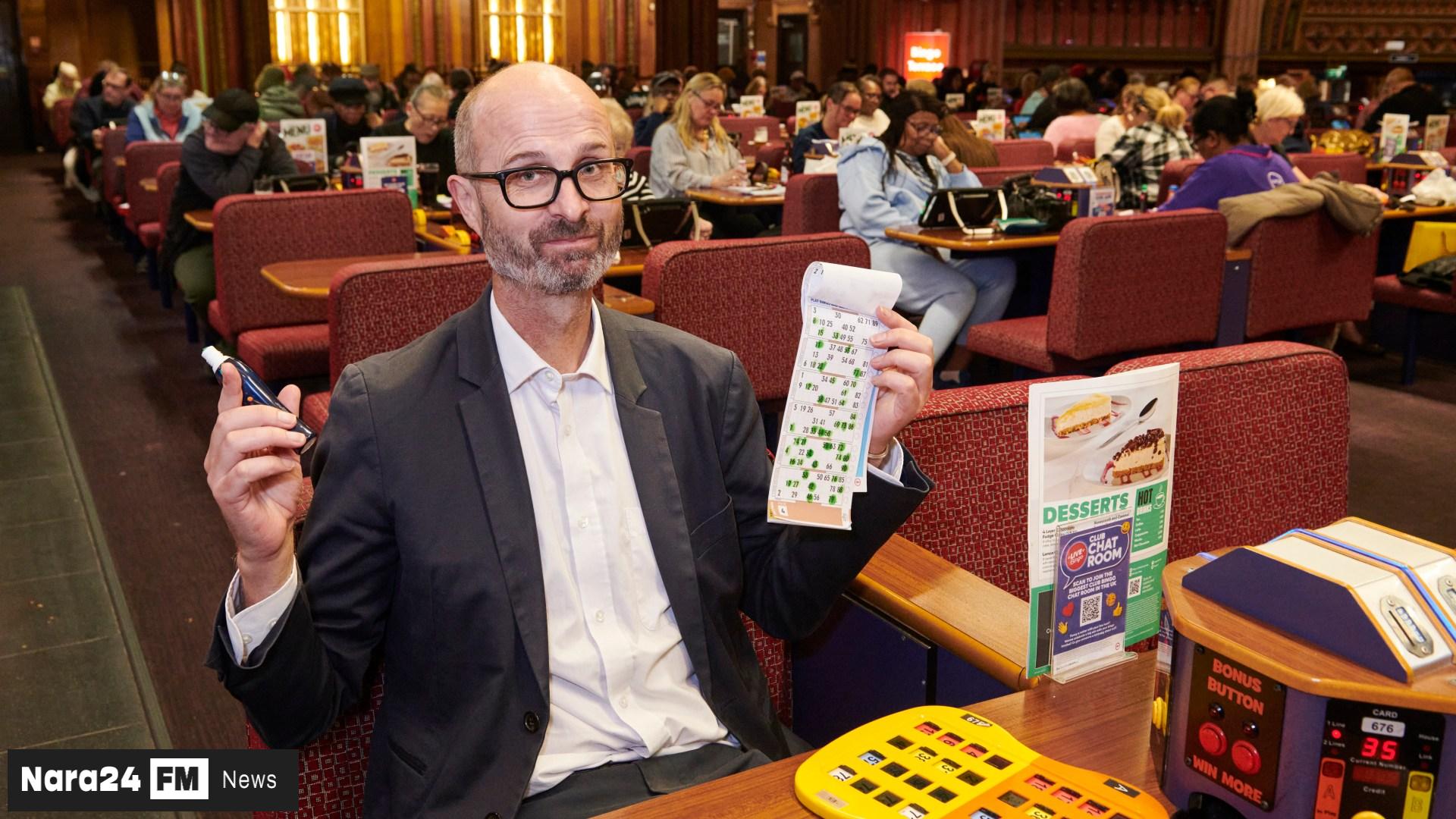In This Article
- Hostage's Brother Describes Evyatar David's Condition
- Video Release and Public Outcry
- Hamas's Response to Allegations
- Humanitarian Crisis in Gaza
- Calls for Ceasefire and Hostage Release
- Emotional Toll on Hostage Families
Key Takeaways
- Evyatar David, a 24-year-old Israeli hostage in Gaza, was described by his brother as a 'human skeleton' due to severe starvation and lack of medical care.
- Hamas released a video showing David digging what he claims is his own grave, stating he has not eaten for days and has limited access to water.
- Israeli families and leaders are intensifying pressure on Prime Minister Benjamin Netanyahu to prioritize the safe release of hostages amid fears of worsening conditions.
- Hamas denies intentionally starving hostages, claiming they receive the same rations as their fighters and Gaza's general population.
- The UN has warned of a famine in Gaza, highlighting the dire humanitarian crisis amid the ongoing conflict.
The brother of an Israeli hostage held in the Gaza Strip has shared a harrowing account of his sibling's condition, describing him as a "human skeleton" in a recent interview with the BBC. The video released by Hamas over the weekend showing Evyatar David, 24, has sparked outrage and condemnation from Israel and Western leaders.
Ilay David, the hostage's brother, spoke to the BBC on Monday, expressing his distress over the footage. "He's a human skeleton. He was being starved to the point where he can be dead at any moment," Ilay said. "He barely can speak, he barely can move."
In the video, Evyatar David, who was abducted from the Nova music festival during the Hamas-led attack on southern Israel on 7 October 2023, is seen digging what he claims will be his own grave. He states that he has not eaten for days and has had little access to drinking water.
The release of the video comes amidst growing pressure on Israeli Prime Minister Benjamin Netanyahu to prioritise the release of hostages. Families of the captives have urged him to focus on their safe return, fearing that a potential expansion of the military campaign could further endanger their loved ones.
Ilay David recounted the emotional toll the video has taken on his family, particularly his parents. "Seeing those images of my brother as a human skeleton, we understood it's a new kind of cruelty," he said. "It's the lowest you can get."
He pleaded with world leaders to intervene and save the hostages from what he described as the "cruel, twisted hands of Hamas." "We need to give him medicine, to give him food, proper food, and you need to get this treatment now, or else he will die," Ilay urged.
Hamas's armed wing has refuted allegations of intentional starvation, asserting that hostages receive the same rations as their fighters and the general population in Gaza.
The situation in Gaza remains dire, with reports of widespread starvation and malnutrition. The Hamas-run health ministry has reported over 60,000 deaths since the start of Israel's military campaign in response to the 7 October attack. The UN has warned that a famine is currently unfolding in the territory.
As the conflict continues, calls for a ceasefire and the immediate release of hostages grow louder, both from within Israel and the international community.








Comments (0)
Leave a Comment
Be the first to comment on this article!